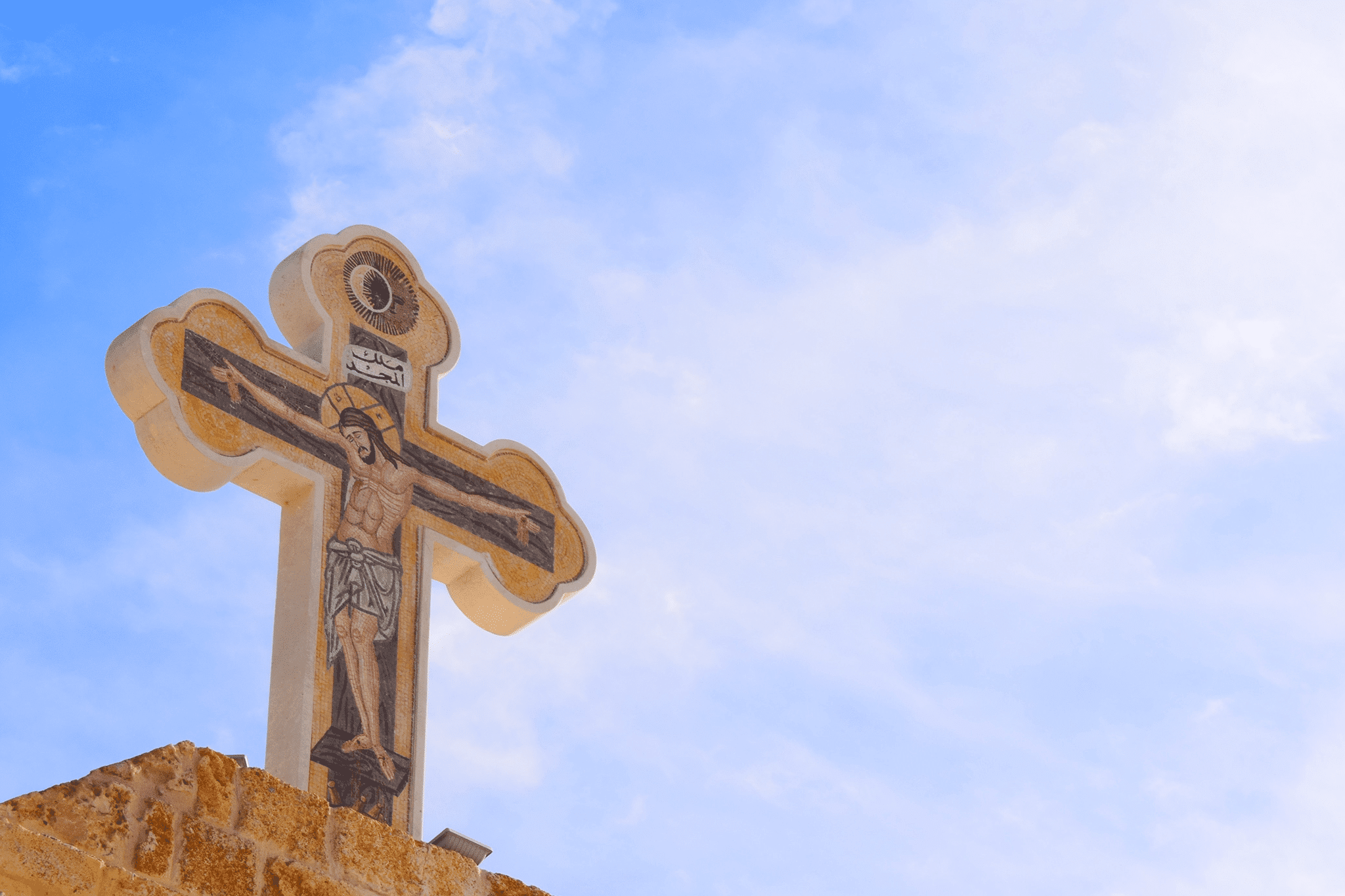The Commands of Love
The Jews of Jesus' time were very legalistic and stressed observance of the 613 precepts of the Mosaic law which covered every detail of their daily lives. They believed it was possible through human means to be faithful to the law and thereby be justified in God's sight.
Jesus' words and actions challenge this legalism and he always invites them and us to salvation through faith in him and his Abba Father. Jesus came not to change God's mind about us but to change our minds about God.
Abba is not a God of laws but a God of love.
In Sunday's Gospel Jesus states the two commands:
love God with your whole person and love your neighbor as yourself. The two are intertwined; we show our love of God in our love of others. St. Ignatius reminds us that love shows itself in deeds; it's what we do for and with others that counts. Jesus' focus was and is always on the others, not on himself. We ask for that same grace to be focused on the others in our lives and not on ourselves, to ask what I can do to show my love.
Fr. Ralph Huse, S.J.




.png?width=750&upscale=true&name=FranciscanMedia__brought-to-you_RGB%20(3).png)
